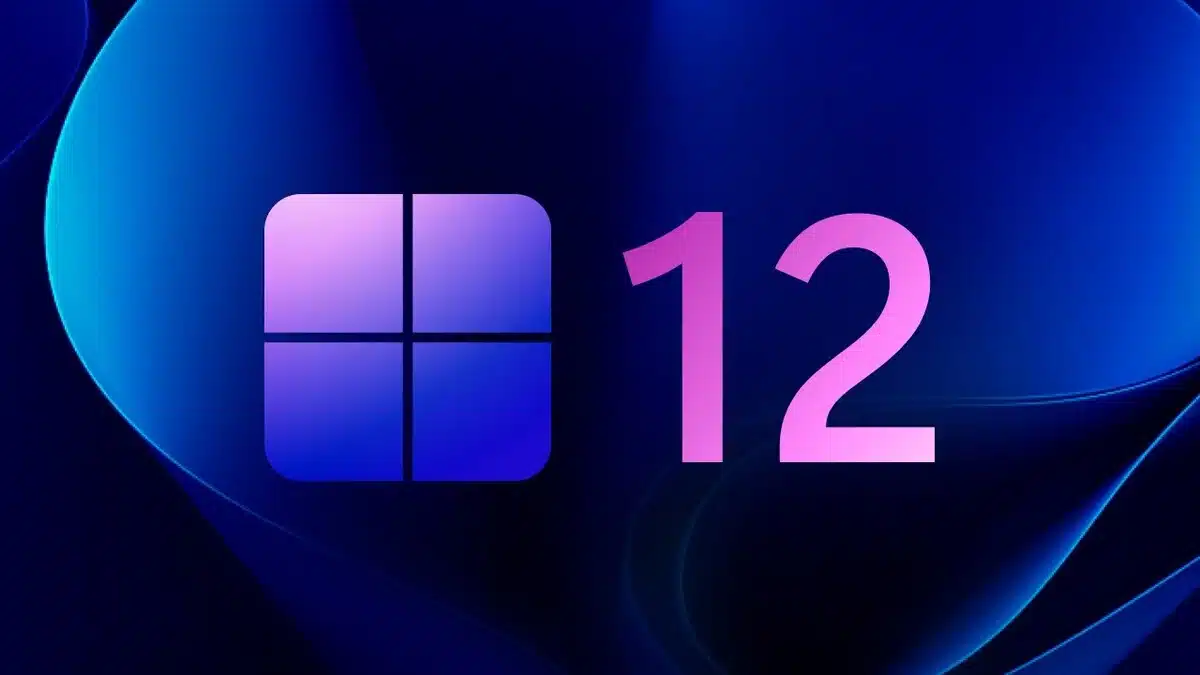
As technology continues to evolve at a rapid pace, Microsoft is already looking to the future with the upcoming release of Windows 12. Following the success of Windows 11, this new iteration promises to take the best features of its predecessor and introduce exciting innovations that will enhance user experience, productivity, and security. In this article, we’ll explore everything we know so far about Windows 12, including expected features, release dates, and how it will shape the future of computing.
Why Windows 12?
Although Windows 11 has been well-received, it’s clear that Microsoft is committed to staying ahead of the curve. With increased demand for cloud computing, AI integration, and more advanced hardware support, Windows 12 aims to address these needs while offering a seamless, efficient experience for both personal and professional users.
Microsoft understands that the digital landscape is constantly changing, and Windows 12 is their response to the future needs of consumers and businesses alike. By improving upon core elements and adding cutting-edge technologies, Windows 12 is expected to provide the flexibility and power users need for the years ahead.
Expected Features of Windows 12
While Microsoft has not officially confirmed all details, several rumored features and upgrades have captured the attention of tech enthusiasts. Here are some of the most anticipated features of Windows 12:
- Deeper AI Integration
AI has become a key part of modern computing, and Windows 12 is expected to take full advantage of this trend. Enhanced AI capabilities, such as smart task automation, personalized experiences, and more advanced voice assistants, are all likely to be integrated directly into the operating system. This will allow users to streamline everyday tasks and boost overall productivity.
- Enhanced Security Features
Security has always been a top priority for Microsoft, and Windows 12 is expected to introduce advanced protection mechanisms to guard against modern cyber threats. With cyberattacks becoming more sophisticated, the new OS will likely feature machine learning-based security tools to predict and prevent potential risks. Additionally, we may see tighter integration of cloud security for business users.
- Cloud-First Approach
As businesses increasingly shift towards remote and hybrid work environments, Microsoft is expected to strengthen its cloud integration with Windows 12. This could mean deeper connections with Microsoft 365, Azure, and other cloud platforms, enabling users to access files and apps seamlessly across devices. The new OS will likely be optimized for cloud-based workloads, ensuring a smooth and secure experience whether you’re in the office or working remotely.
- Improved UI/UX Design
Building on the aesthetic improvements of Windows 11, Windows 12 is rumored to come with a more refined and intuitive user interface. The Fluent Design system will likely see further enhancements, with improved customization options and a more seamless experience across devices. Users can expect a cleaner, more responsive design that feels both modern and functional.
- Compatibility with Next-Gen Hardware
With each iteration of Windows, Microsoft strives to ensure compatibility with the latest hardware. Windows 12 will likely be optimized for next-generation CPUs, GPUs, and even devices like foldable laptops and dual-screen setups. Support for ARM architecture may also be expanded, allowing for better performance and efficiency on devices with ARM-based processors.
- Increased Focus on Gaming
Microsoft has been heavily invested in gaming, especially with the success of Xbox Game Pass and cloud gaming through Xbox Cloud Gaming. Windows 12 is expected to offer even better support for gaming, with optimized performance for DirectX 12 Ultimate, auto-HDR, and game streaming technologies. Whether you’re a casual gamer or a pro, Windows 12 promises to deliver an enhanced gaming experience.
When Will Windows 12 Be Released?
While there’s no official release date for Windows 12, industry insiders speculate that the new OS could arrive as early as 2025. Microsoft typically follows a multi-year release cycle for its operating systems, so a release within the next couple of years seems likely. However, Microsoft may continue to release Windows 11 feature updates before fully transitioning to Windows 12.
How to Prepare for Windows 12
As we inch closer to the release of Windows 12, there are several steps you can take to prepare:
- Ensure your hardware is up to date: Like with Windows 11, Windows 12 may have specific hardware requirements, so it’s a good idea to ensure your devices meet the necessary specifications.
- Familiarize yourself with cloud tools: Given Windows 12’s expected focus on cloud integration, getting comfortable with cloud-based tools and services such as OneDrive and Microsoft 365 will help you take full advantage of the new OS.
- Stay informed: Keep an eye on official announcements from Microsoft and trusted tech news sources to stay up to date on the latest Windows 12 news and developments.
Final Thoughts
While Windows 12 is still on the horizon, it’s clear that this new operating system will bring exciting advancements to the world of computing. With AI-driven features, enhanced security, and an emphasis on cloud computing, Windows 12 is shaping up to be the most innovative and forward-thinking OS yet from Microsoft. Whether you’re a casual user, a professional, or a gamer, Windows 12 is sure to deliver an experience that caters to your needs in the digital age.
Stay tuned for more updates as we get closer to the launch of Windows 12—the future of computing is just around the corner.
Meta description: Discover the upcoming features of Windows 12, including AI integration, enhanced security, cloud-based capabilities, and more. Stay ahead of the tech curve with the latest updates on Microsoft’s next OS.
